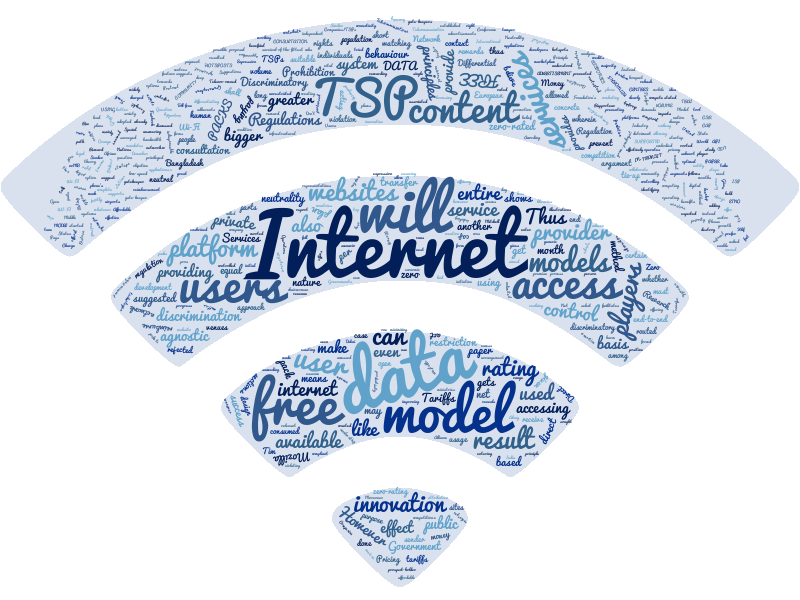On January 9, 2017, the Telecom Regulatory Authority of India held an Open House Discussion (OHD) on its September 2016 consultation paper titled “Proliferation of Broadband through Public Wi-Fi Networks”. The discussion was held from 11:00 AM – 1:30 PM at the India Habitat Centre, New Delhi, and was attended by over 100 stakeholders from the Government, industry, civil society, academia, and technical communities. R S Sharma (Chairman, TRAI), Anil Kaushal (Member, TRAI), and Arvind Kumar (Advisor, Broadband & Policy Anaysis, TRAI) were also present at the discussion.
The consultation paper had invited comments on a set of thirteen questions covering such issues as policy/regulatory challenges, measures to encourage interoperability, technical challenges (login and authentication, payments etc.), and preferred models for large-scale deployment of public Wi-Fi services in a bid to provide easy and affordable broadband access to the general public. At the OHD, oral comments were invited from attending stakeholders on all thirteen questions in three batches.
Over the course of the discussion, a number of submissions were made regarding the core issues raised by TRAI. Whereas some stakeholders proposed that providers of public Wi-Fi services be brought under a licensing framework similar to that currently governing telecom services, others were of the view that a license regime would impose overly burdensome compliance requirements on licensees, effectively excluding smaller players from the market. Other related suggestions included bringing public Wi-Fi providers under a simplified licensing regime (class licenses for instance), having them register as Other Service Providers, and having them register with a licensed aggregator rather than obtaining individual licenses.
Network backhaul was highlighted as another key area of concern by industry stakeholders. Though the Department of Telecommunications had introduced the much anticipated Right of Way Rules in November 2016, it was submitted by some that the approval process under the new Rules is still too cumbersome, and that the Rules lacked clarity on certain aspects such as installation of street infrastructure. It was also suggested that currently applicable artificial restrictions such as the cap on EIRP (Equivalent Isotropically Radiated Power) and height of mast be relaxed, and that additional spectrum bandwidths (5.1 – 5.3 GHz, TV white-spaces) be delicensed to ease backhaul extension.
Regarding login and authentication issues, it was said by some stakeholders that current KYC (Know Your Customer) requirements are too stringent to permit smooth functioning of public Wi-Fi services and need to be simplified. It was also pointed out that tourists and outstation users are often prevented from accessing public Wi-Fi services due to these requirements. Making visa databases accessible to service providers and allowing this information to form the basis for e-KYC processes was suggested as a potential solution to this challenge.
After hearing the stakeholder comments on the consultation paper, TRAI officials said an official set of recommendations on public Wi-Fi would be published within 20 – 25 days. These recommendations would take into account all submissions, written and oral, and attempt to lay out a balanced road-map for maximizing broadband access through the use of public Wi-Fi services.


